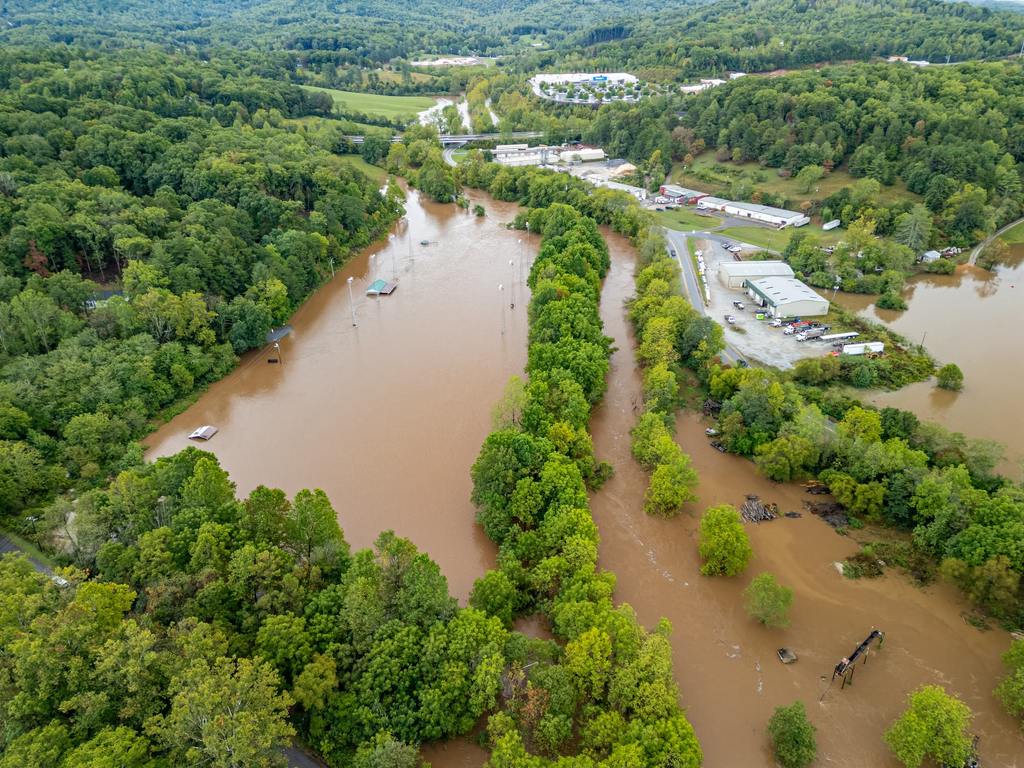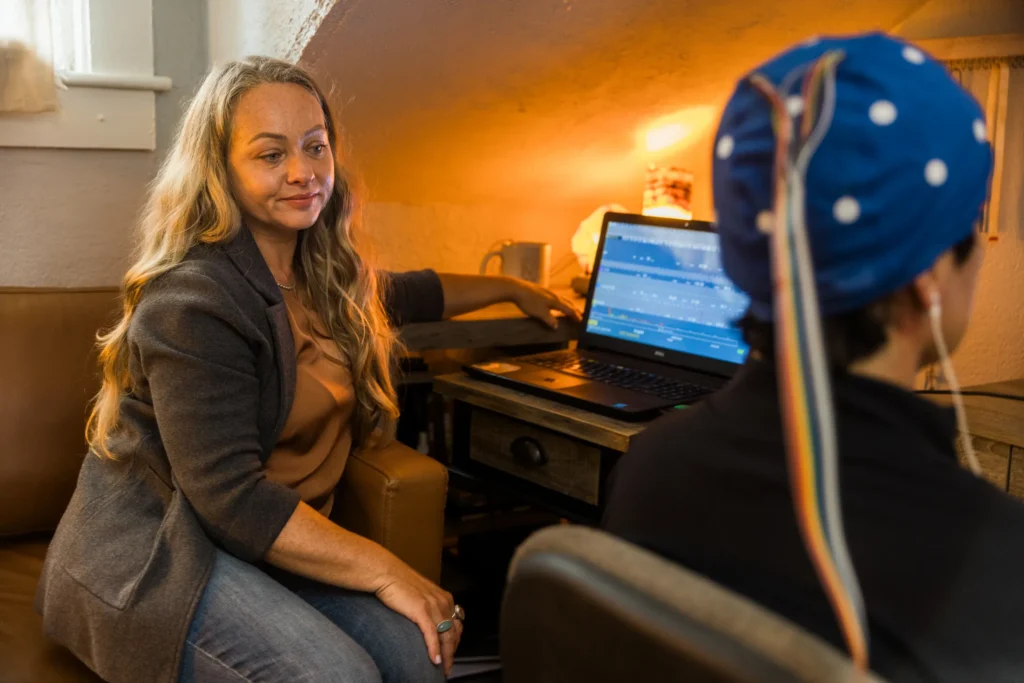Who We Are
Founded in the aftermath of Hurricane Helene in 2024, the Widening Circles Foundation was established to strengthen mental health access and workforce resilience across Western North Carolina—particularly in rural, disaster-impacted, and economically vulnerable communities.We believe mental health care is foundational infrastructure.
When individuals cannot access effective treatment due to insurance barriers or financial hardship, the consequences ripple across families, schools, workplaces, and local economies. When providers burn out, communities lose essential capacity.
Our work expands equitable access to care, stabilizes the behavioral health workforce, and strengthens regional collaboration through strategic partnerships.
Our Mission
To expand equitable access to effective mental health care and strengthen workforce resilience in underserved communities across Western North Carolina.
Our Vision
To transform mental health care by developing sustainable, scalable solutions to underserved communities in crisis in order to create lasting resilience through education, research, and advanced therapeutic tools.

Why We’re Needed
Survivors and responders of natural disasters, as well as those in economically or geographically isolated areas, face overwhelming mental health challenges. Limited access to mental health services, compounded by infrastructure gaps and resource scarcity, leaves these communities vulnerable. Addressing this crisis requires scalable, immediate solutions that are effective even in the most chaotic and unpredictable conditions.
Our Goals
Train local mental health providers to more effectively serve marginalized and underserved populations through innovative therapeutic interventions and education.
Empower school personnel with trauma-informed training and tools, such as biofeedback and Cranial Electrotherapy Stimulation (CES), to enhance and promote emotional regulation in school age children
Provide rescue workers and first responders in disaster-affected or remote areas with trauma-informed providers and interventions, such as Eye Movement Desensitization and Reprocessing (EMDR) and Ketamine-Assisted Psychotherapy (KAP).
Conduct research to advance trauma treatment outcomes and improve intervention efficacy.
Our Approach: Immediate and Long-Term Solutions
Phase One: Immediate Deployment
Our initial efforts focus on stabilizing survivors and first responders through immediate, impactful and innovative mental health interventions:
Empowering School Personnel: Train teachers and staff in trauma-informed practices and emotional regulation techniques to support students’ mental health.
Mobile Mental Health Units: Deploy units to provide crisis counseling and connect individuals to ongoing care in disaster-stricken and underserved areas.
Trauma-Informed Provider Training: Equip mental health providers with the knowledge and tools to deliver trauma-informed care, reducing the risk of re-traumatization.


Phase Two: Expanding Services
Building on the foundation established in Phase One, we aim to expand our impact by:
Expanding Our Reach: Establish partnerships with regional and national organizations to bring mental health services to a broader range of underserved communities and disaster-affected areas.
Neurofeedback Training: Provide local mental health providers with training in neurofeedback*, a form of neuromodulation that helps individuals regulate brain activity, improving mental health and emotional resilience to support long-term mental health improvement and foster sustainability within communities.
Advanced Trauma Research: Conduct pre- and post-QEEG assessments to guide the development of effective trauma interventions and measure outcomes.
R&D and Innovation: Develop and pilot new therapeutic tools and technologies tailored for rural and disaster-affected communities, ensuring interventions are evidence-based and accessible.
While addressing the immediate needs of affected communities, we are committed to collecting data to evaluate the effectiveness of our interventions. This research will not only refine our methods but also serve as a scalable model for addressing mental health challenges in future crises.
The Impact of Your Support
Your support directly funds critical resources and services that make an immediate and lasting difference in underserved communities:
Provide trauma-informed education and training for mental health providers to better serve marginalized populations.
Deliver trauma-informed interventions and support to first responders and service workers in disaster-affected areas.
Cover operational costs to ensure uninterrupted delivery of essential mental health services.
Procure therapeutic tools, such as Cranial Electrotherapy Stimulation (CES), Audio-Visual Entrainment (AVE), and biofeedback devices for use in rural schools and by local providers.
Support research and development to improve trauma interventions and create sustainable mental health solutions.
Together, we can restore hope and healing for those impacted by Hurricane Helene and beyond. By contributing to the Widening Circles Foundation, you help transform despair into resilience, building stronger, healthier, and more hopeful communities.
*Neurofeedback is a powerful tool that can significantly aid underserved communities, particularly those recovering from natural disasters, by promoting quicker mental recovery and improving overall wellness. This non-invasive modality helps individuals regulate brain activity, reducing symptoms of trauma, anxiety, and stress—issues that often arise in the wake of crises. For first responders, neurofeedback offers a way to manage the emotional toll of high-stress situations, while community members, including schoolchildren, can benefit from improved focus, emotional stability, and resilience. The impact of neurofeedback is especially profound when paired with education, empowering individuals to understand the connection between brain health and mental wellness. An effective program must not only provide access to this innovative therapy but also educate the community on how brain training can support long-term healing, making it an essential part of a comprehensive recovery strategy